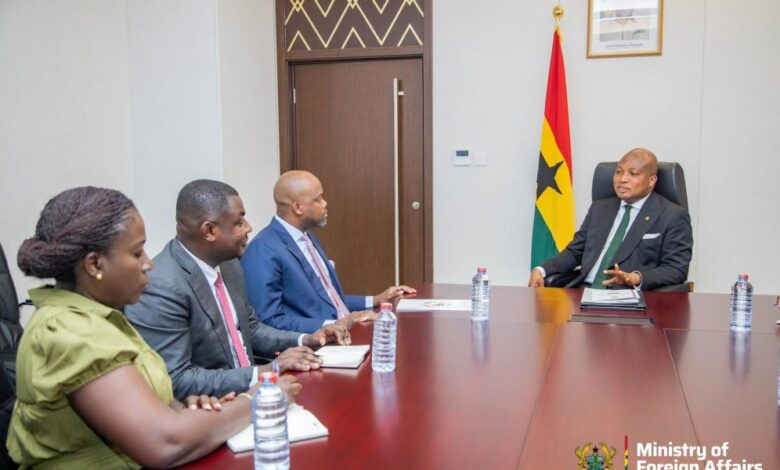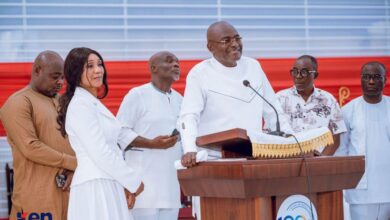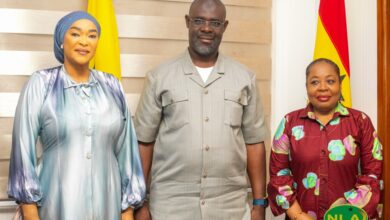AfCFTA is key to Africa’s transformation — Ablakwa after talks with Mene

North Tongu MP and Minister of Foreign Affairs, Samuel Okudzeto Ablakwa, has underscored Ghana’s unwavering commitment to the success of the African Continental Free Trade Area (AfCFTA) after holding talks with H.E. Wamkele Mene, the Secretary-General of AfCFTA.
Sharing details of the engagement on social media, Mr. Ablakwa described the discussions as “refreshing” and praised Mr. Mene’s leadership in advancing Africa’s trade and industrialisation agenda.
“It’s been refreshing holding talks with H.E. Wamkele Mene, the dynamic Secretary-General of the African Continental Free Trade Area (AfCFTA),” Ablakwa said.
He reaffirmed Ghana’s pride in hosting the AfCFTA Secretariat in Accra and assured that the country would “continue to guarantee all privileges and courtesies” necessary for the organisation’s smooth operations.
Mr. Ablakwa emphasized the importance of the AfCFTA, calling it “a landmark initiative” that has the potential to transform the continent’s economic fortunes.
“The landmark AfCFTA, which was first proposed by Osagyefo Kwame Nkrumah, remains the key to Africa’s industrialization and transformation,” he stated.
Highlighting the government’s focus on economic diplomacy, the Foreign Minister noted that fully harnessing the potential of AfCFTA was crucial for sustainable growth and global competitiveness.
“As we prioritize economic diplomacy, leveraging AfCFTA with a market of 1.3 billion Africans and a combined GDP of US$3.4 trillion is an absolute imperative,” Ablakwa stressed.




